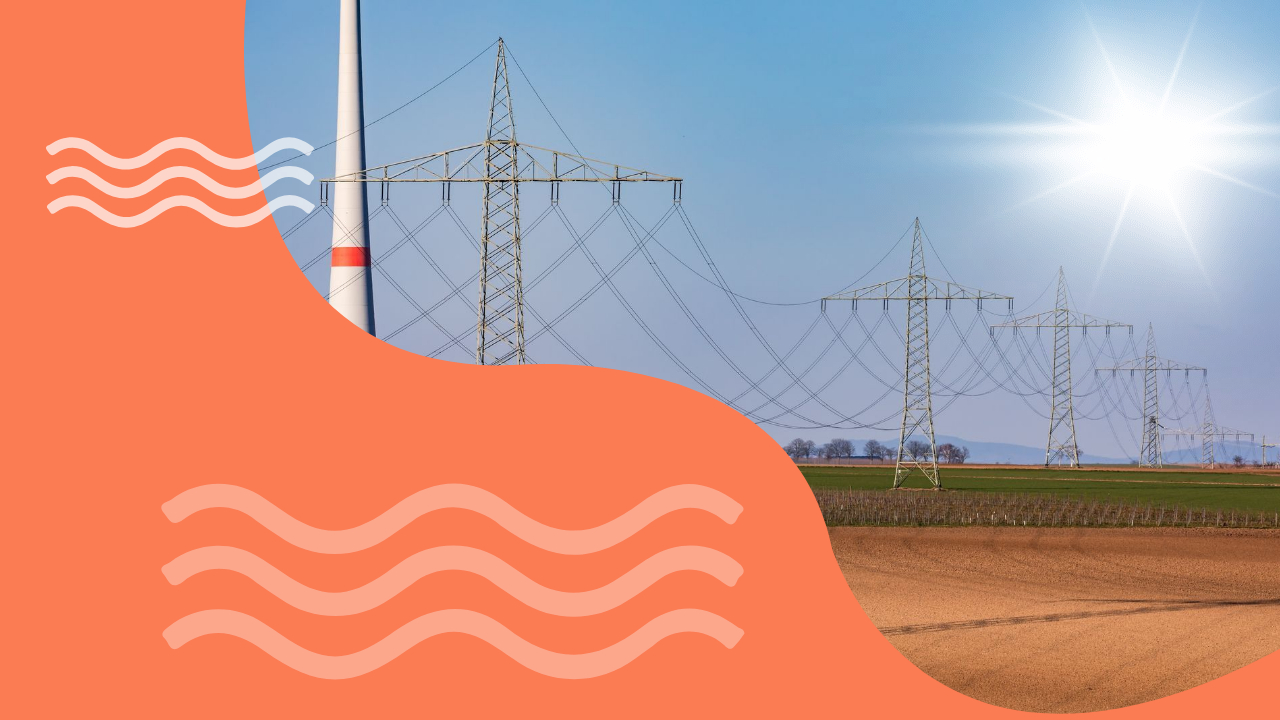Environmental activists and opposition groups are set to gather in the center of Serbia’s capital on Saturday, demanding a halt to the Rio Tinto Group’s $2.4 billion project to open Europe’s biggest lithium mine. The ongoing controversy highlights the significant challenges of developing new mines in Europe, especially as governments strive to secure supplies of critical minerals like lithium, essential for the energy transition. For Rio Tinto, the world’s second-largest miner, the Serbian mine is a key project aimed at reducing its dependence on iron-ore.
The project was initially halted in 2022 following widespread protests by environmental activists concerned about the potential heavy pollution from mining and processing the metal, which is vital for battery production. However, Serbia’s top court lifted the ban last month, reigniting opposition. The upcoming rally follows a series of small protests across the country, with growing anger towards President Aleksandar Vucic for his strong support of the project.
The Vucic administration has promoted the project as a significant economic opportunity, with Finance Minister Sinisa Mali suggesting that lithium mining—if combined with local battery and electric vehicle production—could boost Serbia’s economic output by as much as €12 billion annually. Recently, Serbian and EU officials signed an agreement to secure critical raw materials across the bloc, with lithium being a central focus. Additionally, Mercedes Benz chief Ola Kaellenius and representatives from Stellantis carmaker have expressed interest in investing in developing EV batteryproduction in the region.
Despite these assurances, activists remain unconvinced, rejecting the government’s claims that the mine will adhere to strict environmental standards.


